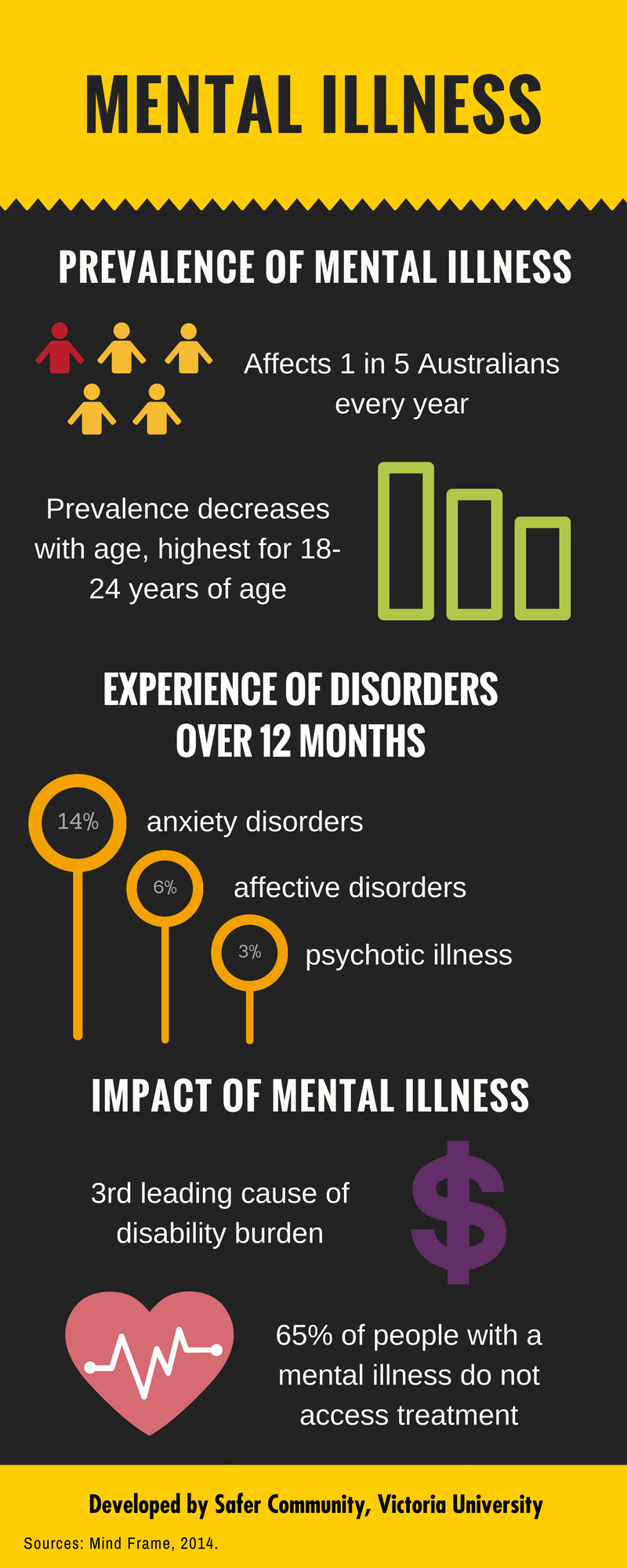Gambling And Mental Health Statistics
- Gambling And Mental Health Statistics Definition
- Gambling And Mental Health Statistics Articles
- Gambling And Mental Health Statistics Worldwide
- Gambling And Mental Health Statistics Florida
Gambling within forensic populations. Gambling and problem gambling within forensic populations; Parole and problem gambling; Contact information. Larry Long Program Director - Gambling Treatment, Co-occurring Disorders & Forensic Projects Division of Mental Health & Addiction Indiana Family & Social Services Administration 402 W.
Nic Murray, Research Officer, Money and Mental Health
- The head of the Monash Gambling and Social Determinants Unit Associate Professor Charles Livingstone agrees the mental health impact of problem gambling especially poker machine use is only now.
- Gambling becomes a problem when it affects a person’s daily activities, mental/physical health, reputation and relationships, and hurts their finances. COVID-19 Pandemic: Important information for patients and visitors of CAMH.
- Health risk behaviours tended to cluster, with a graded relationship between gambling problem severity and odds of reporting at least two health risk behaviours. Compared to non-problem gamblers, low severity gamblers were approximately twice as likely and moderate/high severity gamblers were three times as likely, to have low mental wellbeing.
Rows of people on plastic stools facing gaming machines is an image never far from the headlines lately. There have been growing calls on the government to limit the maximum stake on fixed odds betting terminals, and thankfully a consultation has been launched to look into how to minimise harm from this form of gambling. What’s received less attention, though, are the other areas where gamblers are at risk of encountering harm.
15% of UK consumers spent money on online gambling last year. Most of this will have been the occasional bet on a sporting event or online game like poker, but 24/7 access to online gambling and aggressive marketing tactics mean that what starts as a one-off flutter can lead to problems. This can be a particular issue for people with mental health problems – as feeling low, socially isolated or unable to sleep can leave people both more vulnerable to gambling online, and less able to stop. Combined with the fact that many people with mental health problems are already living on a low income or struggling financially, this can be a recipe for disaster.
Reasons for gambling
Gambling And Mental Health Statistics Definition

We have carried out new research on the links between gambling problems and mental health problems, and identified several types of gambling behaviours that can be related to mental health.
Some of the people we spoke to during our research said that they gamble to bring back a sense of purpose to their lives, which they felt their mental health had taken away. Others gamble to get themselves out of financial difficulty or to make enough to treat friends or family they felt they had let down. Being driven by these powerful motivations often made it difficult to stop when they didn’t manage to get that big win, or even after they did. And it’s not always in pursuit of money, in some circumstances feelings of worthlessness led people to destructively gamble away thousands of pounds that they felt they didn’t deserve.
“I start with setting a goal, like maybe enough to treat my family – say £100 – but then when you keep losing it becomes about recouping the money, as [I] feel so awful about it.”

Mental health and gambling harm

The majority of those we spoke to felt that these decisions about gambling made during periods of poor mental health were often different to the choices they would make when they were well. Symptoms such as low mood and worthlessness in some cases prompted people to gamble more than they could afford to. Other symptoms such as memory problems or difficulties with planning ahead made it more challenging for people to keep track of how much they had spent gambling, or how much was left for essentials. This can put people with mental health problems at risk of further negative outcomes like financial difficulties, damaging relationships with loved ones and further worsening their mental health.
“I ate nothing for two days earlier in the week. If I had cashed out my winnings, instead of playing on, then I could have had food.”
Gambling And Mental Health Statistics Articles
Putting on the brakes
The prominent marketing campaign to curb problem gambling advises “When the fun stops, stop”. But heeding this advice can be much more challenging during a period of poor mental health, particularly when faced with an online environment that makes gambling as easy as a couple of clicks, and advanced marketing techniques. Exerting your already limited willpower to stop gambling can be an immense challenge when faced with an inbox full of messages reminding you of opportunities to gamble.
The option to self-exclude is available for those who want to stop completely, but unfortunately this isn’t a simple process. There isn’t a comprehensive self-exclusion scheme allowing people to remove themselves from all gambling situations. In some cases consumers are required to visit the gambling sites or premises themselves in order to complete the self-exclusion process, which makes it harder to resist the temptation to have another go.

Laying our cards on the table
Gambling And Mental Health Statistics Worldwide
Although some of the people we spoke to had encountered difficulties with gambling, the majority didn’t want to totally exclude themselves, they simply wanted to ensure they could continue to enjoy gambling, safe from harm. We believe that more could be done to empower consumers by providing them with greater tools and resources to manage their gambling.
There’s a role to for the gambling industry to support problem gamblers, but also card providers and internet service providers (ISPs) too. For example:
Gambling And Mental Health Statistics Florida
- Customers should be able to choose to limit their access to online gambling – either by setting closing hours on individual gambling websites, or by blocking all gambling websites at ISP level, in a similar fashion to existing adult content controls. Financial services providers could give customers another easy way to opt out of gambling by offering simple options to block merchant category codes associated with gambling on credit and debit cards.
- The gambling industry should work together to design a single self-exclusion scheme, with several ways of signing up (e.g. email, online form, in person or telephone) to make it much easier to opt out.